One minute past the stroke of midnight on Sept. 20 the long-awaited repeal of President Bill Clinton’s 1993 "Don’t Ask, Don’t Tell" (DADT) policy went into effect.
At precisely 12:01 a.m. EST, the popping of champagne bottles began along with cheers and tears celebrating the end of a repressive era that prohibited LGBTQ service members from honestly and openly serving in the military.
But the celebration was bittersweet.
While our lesbian, gay and bisexual (LGB) service members now have a policy in place to protect them from discrimination, the repeal of DADT doesn’t protect our transgender service members.
"While we are happy to see the end of ’Don’t Ask, Don’t Tell,’ we are troubled that the military still expels some members of our community simply because of who they are. Transgender people continue to serve our country honorably, and our country needs to do the same for transgender service members by reexamining this outdated ban," Mara Keisling, executive director of the National Center for Transgender Equality, stated in a press release weeks before the DADT’s repeal.
One of the reasons for transphobia in the military is its rigid adherence to antiquated notions of masculinity, manhood, and gender roles. The military has a binary view of gender; and, unfortunately, with that perspective, transgender service members as deemed medically and mentally unfit because of Gender Identity Disorder.
Along with the military’s binary view of gender, its transphobia is institutionally maintained by its medical and conduct regulations.
For example, the medical regulation for all enlistees is a physical examination. If an enlistee has had or is thinking about having genital surgery, that decision or outward expression of thought can easily become grounds for disqualification.
But that’s not the end of the military’s egregious display of transphobia. If an enlistee has not had genital surgery or isn’t thinking about genital surgery, but identities as transgender, that too is grounds for disqualification. The military deems the enlistee as having a mental health condition.
While it is easy to disclose the myriad of ways in which the military is egregiously transphobic, perhaps the same disclosure needs to be done to us―the LGBQ population and our organization.
So the question that needs to be put on the table is this: Why in another historical civil rights moment won ending discrimination for all in the LGBTQ community, our transgender population, once again, is left out?
Did we not learn our shameful lessons after the debacle of the 2007 Employment Non-Discrimination Act (ENDA) fallout?
During an entire campaign to win an inclusive ENDA, we didn’t. And what was expected to be a historic vote on HR 2015, the Employment Non-Discrimination Act, or ENDA, in the House, the LGBTQ community got a version of ENDA that did not include gender identity.
Sadly, however, we have done it again with the repeal of DADT.
Our LGBQ civil rights organizations’ best efforts to explain how and/or why transgender Americans are, once again, excluded from this historical landmark decision, realize this is not their endpoint on this issue, but rather it begins anew trans-focused organizing strategies that will redouble their efforts to do more.
"Today we’re one step closer to full equality, but we’re not there yet. This victory only strengthens our resolve to continue our work toward open transgender military service. And with your help, the Task Force will continue to push for that inclusion," Rea Carey, Executive Director of the National Gay and Lesbian Task Force stated in a press release. "We’re mobilizing grassroots efforts to help pass trans-inclusive nondiscrimination laws in cities across the nation; ...The DADT repeal serves to remind us that, with a lot of hard work, we’re getting closer―but we can’t let up until we get there."
Here in Boston, LGBTQ activists and our allies are not letting up.
At the steps of the State House on the first evening of the repeal of DADT, demonstrators staged a protest to draw attention to the fact that transgender Americans are still unable to serve openly in the military.
"I’m out here supporting my trans and les (lesbian) homies who are still DL (on the down low) in the Army because I know what it feels like to be dissed at home, church, Army, and the gay community," Jamilla Davis, an African American lesbian from Roxbury told me.
African American lesbians have been discharged at three times the rate at which they service, and Davis knows this from first-hand experience.
To date, more than 13,500 LGBTQ servicemembers have been discharged under DADT. I would like to say that with the repeal of DADT the number of our service members being discharged will stop. But it won’t. Our transgender service members were not included.
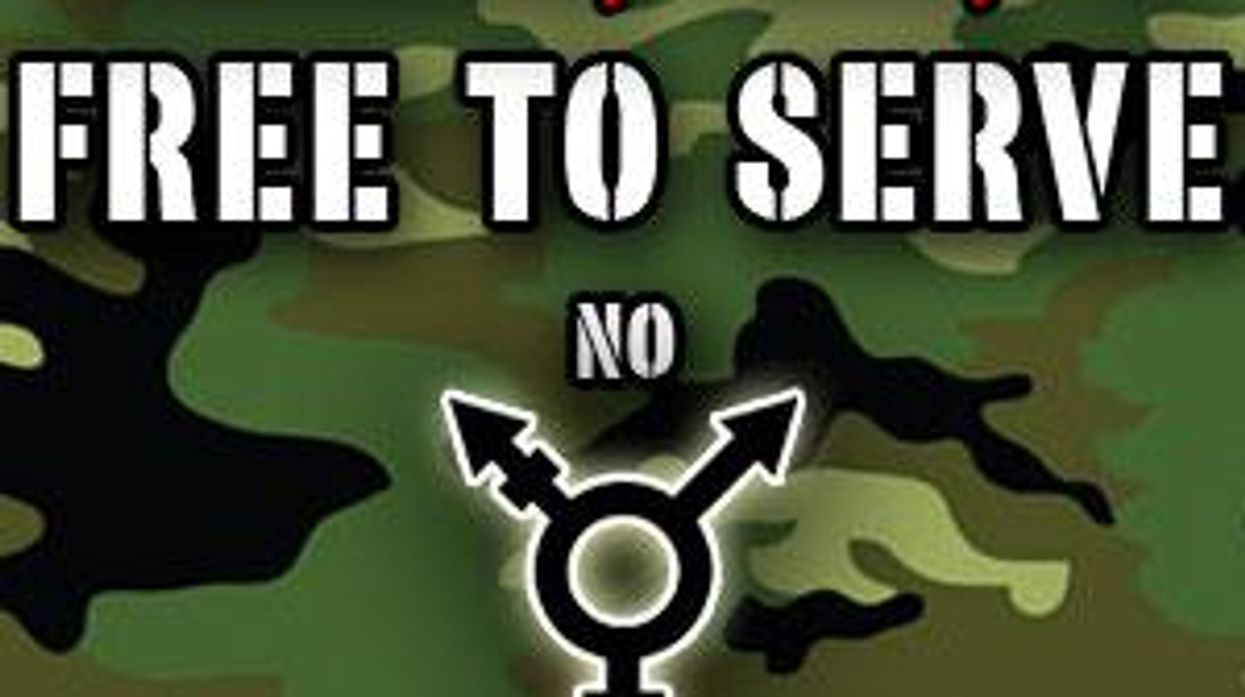





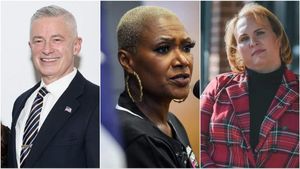

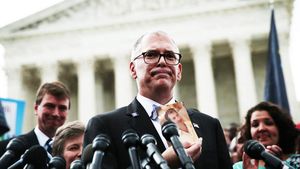







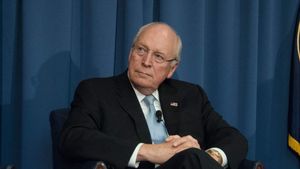
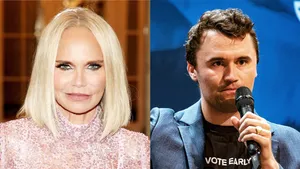
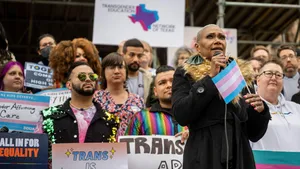




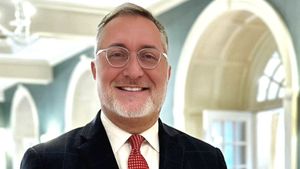

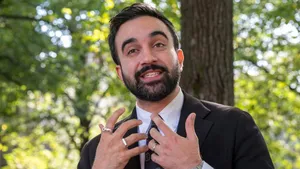




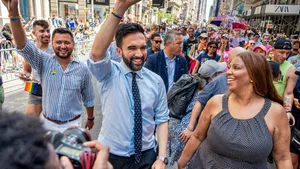
























































 Cindy Ord/Getty Images
Cindy Ord/Getty Images

























